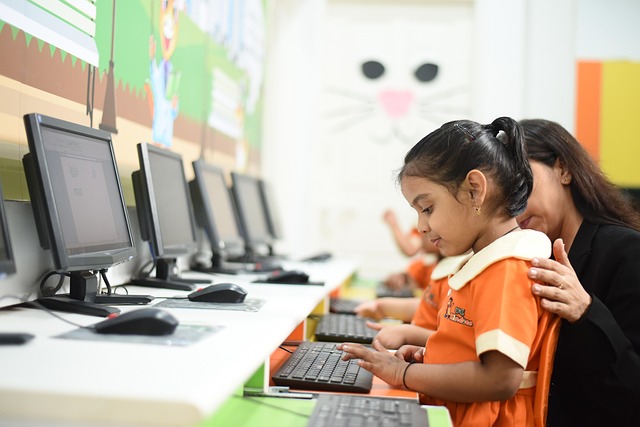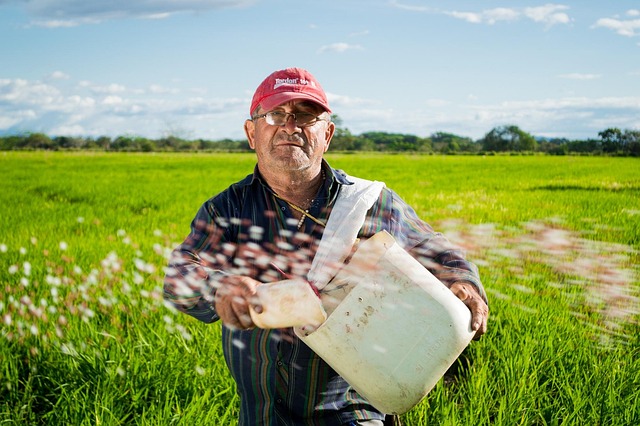In today’s rapidly changing world, fostering a sense of environmental stewardship in our youngest learners is more crucial than ever. Introducing horticulture in kindergarten serves not just as a simple gardening activity, but as an exciting pathway to educate and inspire young minds about nature and eco-friendly practices.
Imagine a sunny morning in your local kindergarten, where tiny hands dig into rich, nutritious soil, planting seeds of various vegetables and fruits. Kids are not just playing; they are cultivating a love for the environment and understanding the essentials of sustainable gardening. Through this engaging experience, students learn the significance of organic methods that respect our planet. It opens up discussions about the food cycle, the importance of insects like bees for pollination, and the careful balance we must maintain in nature.
As children take part in horticulture projects, they learn how to care for plants, appreciating the time and effort it takes for a seed to progress into a full-grown vegetable or fruit. The thrill of seeing a sprout emerge from the earth teaches patience and responsibility. It becomes a tangible lesson on how we are all interconnected with nature. When they consume the fruits of their labor, they not only enjoy healthy snacks, but also gain a deeper understanding of where their food comes from – a vital concept in today’s fast-paced, convenience-driven society.
Emphasizing eco-friendly gardening techniques can empower these little green thumbs. By utilizing composting, rainwater collection systems, and organic fertilizers, children can actively engage in practices that reduce their ecological footprint. This hands-on experience fosters a lasting commitment to sustainability. Learning how to nurture plants organically set the groundwork for their future choices as eco-conscious consumers.
Moreover, engaging in horticulture in kindergarten establishes a profound connection to the environment. Children develop a keen eye for observing changes in their garden ecosystem, leading to valuable discussions about biodiversity and the importance of maintaining balance in nature. This approach not only promotes physical health through fresh vegetable intake but also enhances mental well-being as they spend time outdoors, cultivating their happiness amidst green surroundings.
This early education in gardening can have far-reaching impacts. When children understand the relationship between human actions and environmental health, they become champions of change in their families and communities. Sharing their newfound knowledge at home can encourage more families to adopt greener lifestyles, such as starting backyard gardens or participating in local farmer’s markets, extending the benefits of their learning beyond the classroom.
Ultimately, integrating a gardening curriculum not only nurtures healthy habits but also builds a foundation for lifelong environmental stewardship. The joyous laughter of children tending to their plants, the thrill of harvesting fresh produce, and the invaluable lessons of caring for our planet create a memorable and impactful experience. Let’s embrace horticulture in kindergarten as an essential component of early education, allowing the next generation to grow into informed and eco-conscious individuals ready to protect and cherish our beautiful Earth.




